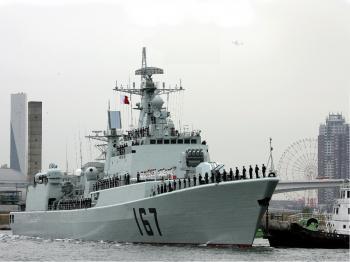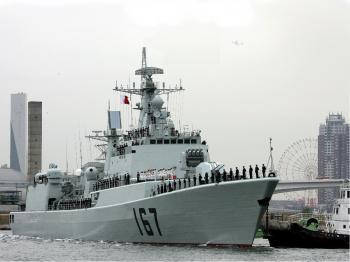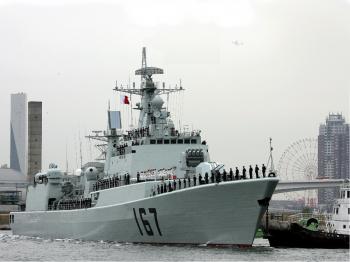WASHINGTON, D.C.—In December 2008, China deployed three of its most sophisticated ships to the Gulf of Aden to escort its merchant ships and support international global security in stopping the piracy in those waters. China’s navy has been coordinating with the navies of the other countries fighting piracy off the Horn of Africa, including the U.S. Navy. The meaning of this deployment and the general direction of China’s military activities abroad was the topic of discussion at a Congressional hearing held on Capitol Hill March 4.
“This is the first long-term deployment for [People’s Liberation Army] PLA naval forces outside of China’s territorial waters,” said Carolyn Bartholomew, Chairman of the US-China Economic and Security Review Commission (henceforth called the ‘China Commission’).
“China’s naval deployment to the North Arabian Sea marks a milestone in the exercise of that country’s maritime power and is the first foreign employment of naval forces since the early 15th century. The presence of Chinese combatants patrolling the waters of distant seas is evidence of the navy’s maturing capabilities and competence,” testified Dr. Bernard Cole, Professor at the National War College and an Officer in the Navy for 30 years.






